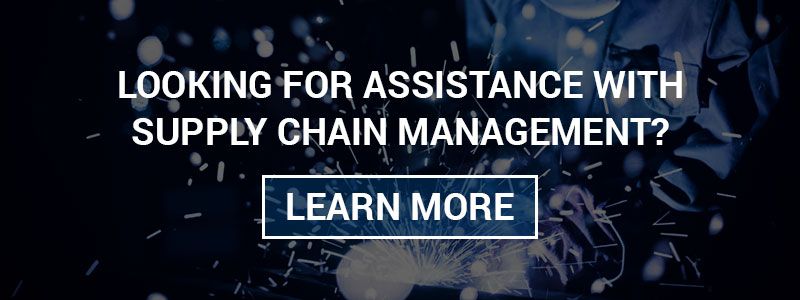The implementation of blockchain technology into supply chain management seems like the next natural step. It would shore up chains and create more transparency between vendors, suppliers, managers, and customers. What’s more, millions will be saved by simply removing miscommunications and adding more accountability. Here are four potential applications of blockchain in global supply chain management:
Application #1 - If/Then Smart Contracts
These smart contracts automatically take place when certain conditions are met. Similar to basic If/Then statements in code, blockchain would allow for the streamlining of contractual processes that need very little to no oversight. They simply need to occur based on number of sales, type of need, and more.
Application #2 - Increase Speed and Trust
Two common pain points across global supply chains are speed and trust. Supply chain managers spend a majority of their time ensuring the supply chain is functioning properly. But what if said supply chain manager could spend more time optimizing the chain instead of triple checking the processes? Blockchain technology creates transparent, secure transactions, which means if there is a break in the supply chain, it’s obvious and easily targeted. Furthermore, blockchain may reveal some opportunities to make the supply chain more efficient, which leads to more happy customers and more profits.
Application #3 - Evolve Data Exchange Methods
What if supply chain managers could cut out a large majority of physical data transfer? Blockchain technology, if implemented properly, could do this. Bills of lading, custom papers, etcetera, could all be tracked and recorded via blockchain, which leads to more efficient transaction times and less “lost in the mix” situations like human error or improper physical data entry.
Application #4 - Maintenance and Quality Control
Another huge pain point for supply chain managers is quality control. Human error causes more issues in a supply chain than nearly anything else (this point is arguable, but stick with us for a second). Consider, as a supply chain manager, the idea that if you have an issue with a supply chain transaction you could pinpoint it down to the person who made the mistake. Would this be valuable to you? Blockchain does more than track and record transactions; it offers the supply chain manager the ability to maintain and enact hyper specific quality control metrics to better optimize the chain–and it’s all recorded in a secure, transparent ledger for you to reference.
Why Blockchain Matters to Global Supply Chain Management
The simple answer is collaboration. Supply chains around the world need more collaboration to better optimize their system. Transparency is a huge strength with blockchain technology. Security of digital data is another strength. When transparency and security are paired, it creates an opportunity for growth, innovation, and, most importantly, communication. Global supply chains need more collaboration if supply chain managers want to make them more efficient.


